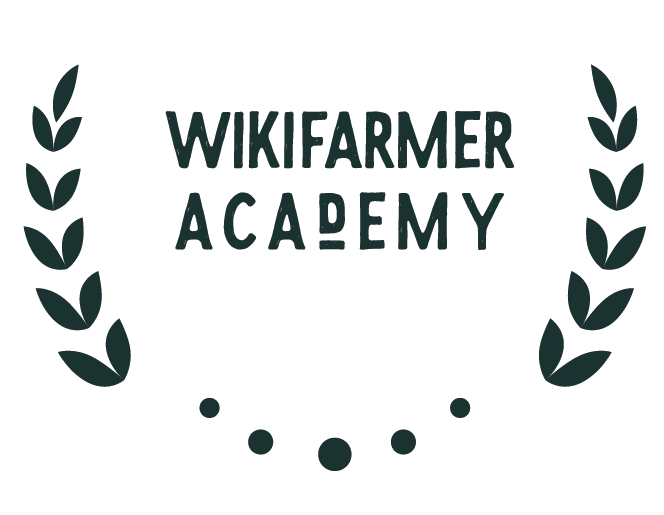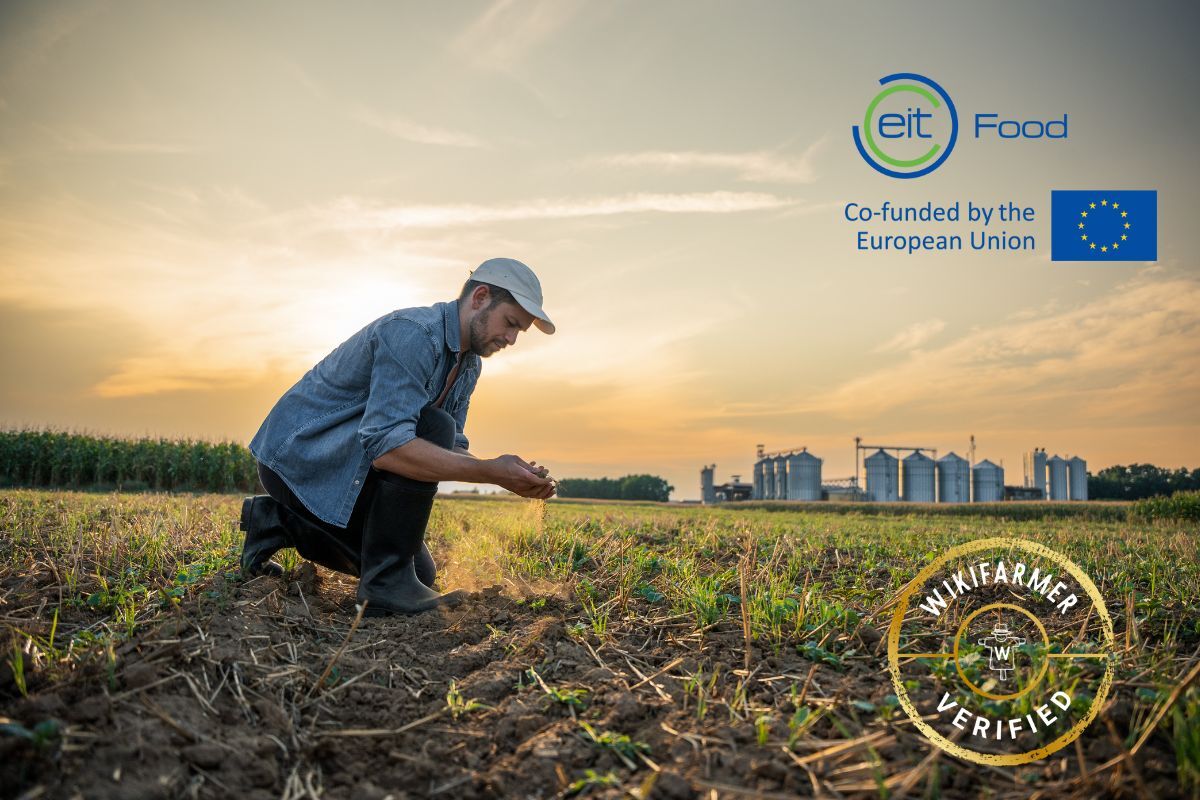Wikifarmer Academy, in collaboration with
EIT Food, is hosting a new online course on regenerative agriculture: "
A Farmer’s Guide to Regenerative Agriculture: Boost Yields & Resilience." This course is designed to equip farmers with the principles of regenerative agriculture, its benefits, and practical strategies for transitioning successfully to a more sustainable farming model.
As climate change accelerates and soil degradation threatens global food security, the way we farm must evolve. According to the United Nations Food and Agriculture Organization (FAO), over
33% of the world’s soils are moderately to highly degraded due to erosion, nutrient depletion, acidification, and other harmful practices. This degradation not only undermines food production but also poses long-term risks to environmental and economic stability.
Regenerative agriculture offers a transformative solution by focusing on rebuilding soil health, enhancing biodiversity, and restoring natural ecosystems. This approach moves away from input-intensive conventional farming and instead promotes natural processes such as cover cropping, reduced tillage, crop diversification, and integrated livestock management.
For farmers, adopting regenerative methods leads to tangible and measurable improvements. Healthier soils significantly increase crop yields and farm resilience, reduce dependency on synthetic fertilizers and pesticides, and improve water retention—especially critical in drought-prone areas. A study published by the Rodale Institute showed that regenerative farms can be up to
78% more profitable than conventional farms, primarily due to reduced input costs and increased market value of sustainably grown products.
Moreover, as global consumer awareness around sustainability grows, farmers using regenerative practices are well-positioned to access premium markets. Food brands and retailers are increasingly prioritizing suppliers who demonstrate transparency and environmental stewardship in their operations.
Beyond environmental and market advantages, governments and international organizations are recognizing regenerative agriculture as a key solution to climate change and food security. More policies and incentives are being introduced worldwide to encourage farmers to adopt sustainable practices, offering grants, subsidies, and financial rewards for those who restore soil health and increase carbon sequestration. By transitioning to regenerative methods, farmers not only future-proof their businesses but also position themselves as leaders in the global movement toward a more sustainable and profitable food system.
EIT Food is Europe's leading food innovation initiative, working to create a sustainable and future-proof food sector. As a Knowledge and Innovation Community (KIC) of the European Institute of Innovation and Technology (EIT), EIT Food brings together key industry players, startups, research centers, and universities from across Europe to drive innovation and entrepreneurship in the agri-food sector. Their educational programs have benefited over
37,000 learners, and their digital channels have engaged over
8.8 million users, reflecting their significant impact on the European food system.
Wikifarmer Academy is an open educational platform dedicated to supporting and sharing sustainable agricultural knowledge. By offering comprehensive online courses and high-quality learning resources, it empowers farmers worldwide with the latest advancements in sustainable agriculture, innovative techniques, and market access strategies. Through partnerships with global leaders like EIT Food, Wikifarmer Academy continues to support the agricultural community by providing valuable training that drives innovation and resilience in farming.

